From a baby’s first smile to a toddler’s first sentence, early childhood is filled with exciting “firsts.” These are known as developmental milestones — key moments that mark a child’s growth across physical, emotional, social, and cognitive areas.
As a parent, you’ve probably heard the term from your GP, a maternal health nurse, or an early learning centre. But what exactly are milestones, and why do they matter?
Understanding milestones helps families and educators support each child’s development in meaningful ways — not through pressure, but through awareness. At Montessori Milestones, we recognise that every child grows in their own time. Still, being aware of developmental milestones gives us the tools to observe, support, and celebrate each step of the journey.
Types of Early Childhood Milestones
Developmental milestones are grouped into key domains — areas of growth that help us understand how children are progressing as whole individuals. These domains are also reflected in the Early Years Learning Framework (EYLF V2.0) and the ACECQA Developmental Milestones resource, which many Australian educators use to guide observation and planning.
Here are the five main areas:
1. Physical (Gross and Fine Motor)
Includes movement-related skills such as crawling, walking, balancing, grasping objects, drawing, or using cutlery.
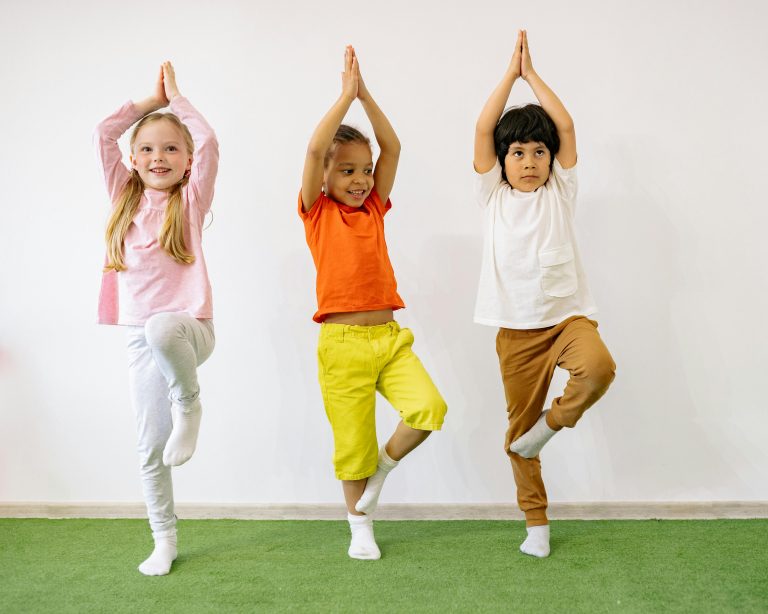
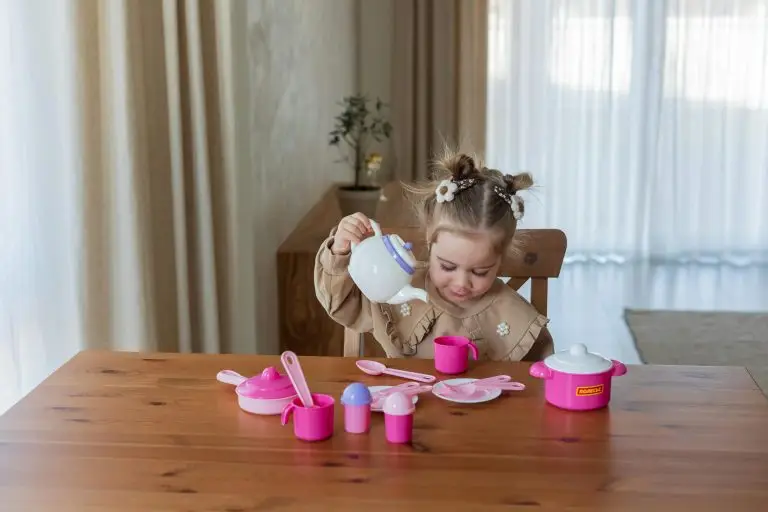
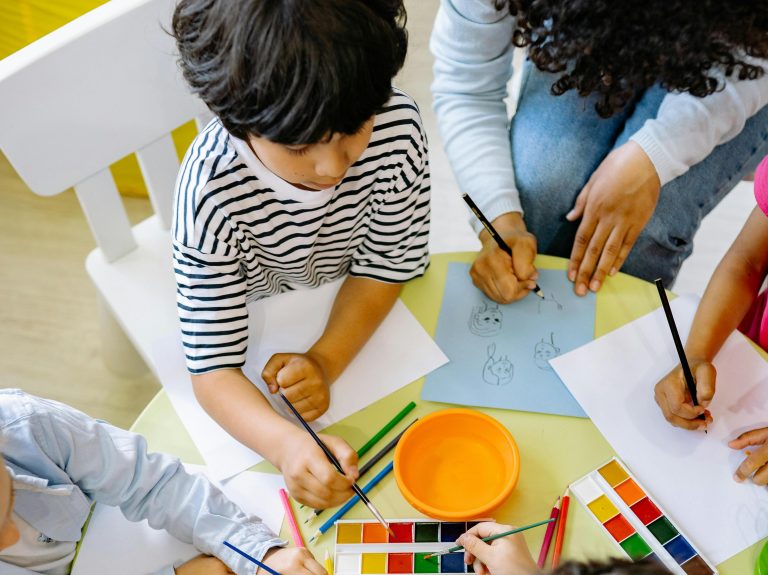
2. Social
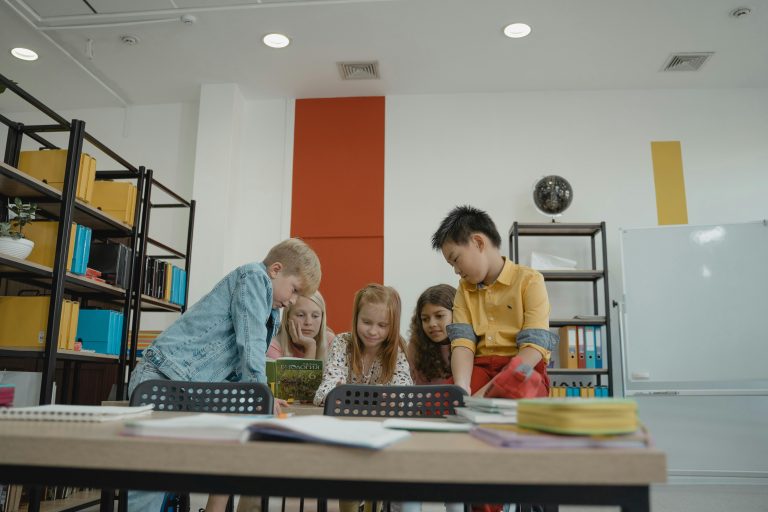
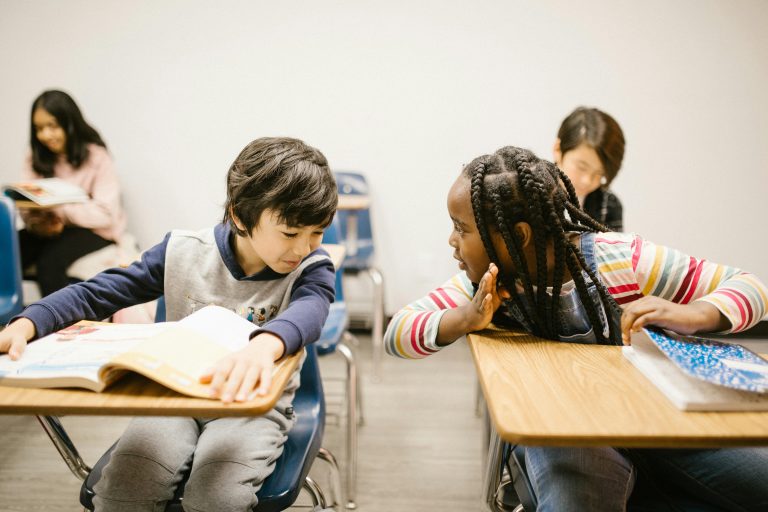

Covers how children interact with others — sharing, taking turns, playing cooperatively, and forming relationships.
3. Emotional
Relates to how children express feelings, manage frustration, and build confidence and resilience.

4. Cognitive
Encompasses thinking, problem-solving, memory, and understanding cause and effect — like stacking blocks or recognising patterns.

5. Language and Communication
Includes verbal and non-verbal skills such as babbling, speaking, listening, and understanding instructions.
The ACECQA Milestones Fact Sheet outlines typical behaviours and abilities across different age groups, but it also emphasises that these are guides, not checklists. Children may reach milestones at different times depending on their personality, environment, and readiness — something we fully embrace at Montessori Milestones.
By watching for progress across these domains, educators and parents can provide developmentally appropriate support and identify areas where a child may need extra encouragement or celebration.
Why Milestones Matter
Milestones are more than just exciting moments to record in a baby book — they’re important markers of how a child is developing in the early years. For educators and families alike, they offer valuable insight into how a child is growing across key developmental areas.
Tracking milestones helps:
✅ Guide learning — by understanding where a child is developmentally, we can offer the right experiences at the right time.
✅ Identify support needs early — if a child is taking longer to reach certain milestones, early support can make a big difference.
✅ Celebrate progress — recognising growth builds a child’s confidence and a family’s connection to their learning journey.
But just as importantly, milestone tracking supports partnerships between parents and educators. When families and centres work together to understand a child’s progress, we can offer more consistent encouragement, guidance, and care.
At Montessori Milestones, we focus on observation rather than pressure. We don’t expect all children to meet every milestone at exactly the same age — instead, we see milestones as guideposts, helping us support each child’s unique development with empathy and intention.
Our View on Milestones: Following the Child, Not the Calendar
At Montessori Milestones, we see development as a natural journey — not a checklist. While we’re informed by developmental research and national frameworks, our daily practice is guided by each child’s readiness, not rigid timelines.
In line with Dr. Maria Montessori’s observations, we understand that children progress through sensitive periods — times when they’re especially focused on mastering certain skills like language, movement, or social interaction. During these windows, children engage deeply and joyfully in learning that is meaningful to them.
Instead of pushing children toward the “next step,” our educators observe closely and respond with care. If a child shows signs of wanting to button their jacket or sound out letters, we provide the right materials and gentle encouragement — creating a natural bridge to that milestone.
This approach nurtures confidence and independence. Milestones aren’t imposed; they’re reached because the child is developmentally ready, emotionally supported, and given time to grow at their own pace.
By following the child, we ensure every achievement is authentic, joyful, and deeply rooted.
How We Track Milestones at Montessori Milestones
At Montessori Milestones, we take a thoughtful, transparent approach to tracking each child’s development — blending Montessori observation with the Australian Early Years Learning Framework (EYLF V2.0) and National Quality Standards (NQS).
Rather than relying on formal assessments or rigid checklists, our educators:
- Observe children daily during real play and learning experiences.
- Record progress across developmental domains (physical, cognitive, social, emotional, and language).
- Use digital learning portfolios to capture key moments — with photos, notes, and reflections.
- Review progress as a team and with families during scheduled meetings and informal catch-ups.
We also conduct quarterly learning summaries for every child, highlighting emerging strengths, new interests, and next steps. Parents receive these reports along with the opportunity to meet with educators to discuss their child’s development in depth.
Because we know the early years can feel overwhelming, we aim to make milestone tracking clear, meaningful, and partnership-driven. You won’t be flooded with jargon — just insights that help you better understand your child’s growth and how to support it at home.
In every observation and report, our goal is simple: to honour your child’s individuality, celebrate their progress, and keep you connected every step of the way.

Every Child Develops Differently — And That’s Okay
It’s natural for parents to wonder if their child is “on track.” You might hear about other toddlers walking early or a preschooler already writing their name — and suddenly question your own child’s progress.
At Montessori Milestones, we want to reassure you: development isn’t a race.
Children grow at their own pace, shaped by their personality, interests, experiences, and environment. Some children talk early but are slower to climb; others may love social play but take time to manage emotions — and all of that is completely normal.
We don’t compare children to one another. Instead, we focus on supporting each child from where they are — gently guiding their development in a way that feels right for them. Our educators are trained to recognise both typical variations and any signs that extra support may be needed — always with compassion and collaboration.
At Montessori Milestones, we see milestones not as fixed finish lines — but as moments of growth to be nurtured and celebrated. The real goal is confidence, curiosity, and a strong sense of self. With the right support, every child will reach their milestones in their own time — and we’ll be there to walk alongside them, every step of the way.
Ready to Learn More
At Montessori Milestones, we’re here to support your child’s development in a way that’s respectful, evidence-based, and deeply personal. Whether your little one is just beginning their journey or approaching school age, we’d love to show you how our approach helps children grow with confidence and joy.
Schedule a Call today to see how we nurture milestones — every single day.
